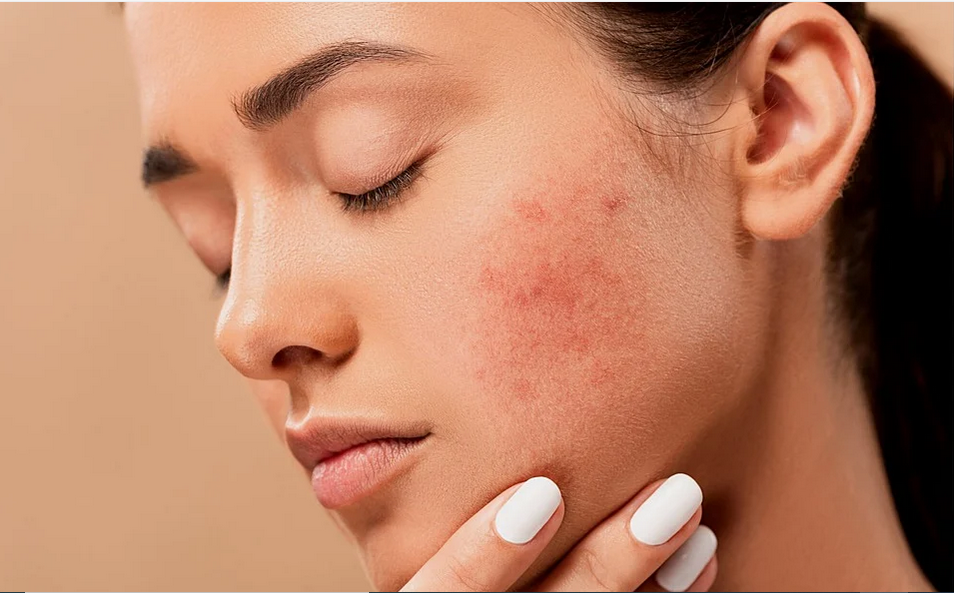Tips for Coping with Eczema
It is hard living with eczema because it is uncomfortable, and it wears out both the patient and the family emotionally. Despite not having a cure, today, there are better treatments that can manage the disease. Apart from medicine, controlling the itch and scratch cycle is the best way to cope with the condition and reduce symptoms. One should also take good care of himself and get the help he needs and deserves.
Below are some tips for coping with eczema:
Minimize Itching and Scratching
To many, the worst part of the condition is the burning and itching symptoms. For patients who struggle with controlling itching, the fingernails should be short to avoid bleeding when scratching as the sores can lead to a skin infection. Moisturizing regularly after a bath and before going to bed is vital in reducing itching. Although you can get many medications, ointments, and skin creams for eczema, ordinary petroleum jelly can still work.
Go for Friendly Exercises
 If you have eczema, it is crucial to exercise. Although exercising is vital for everyone, some patients with eczema are unfortunately irritated by heat and sweat. It is advisable to exercise in a controlled climate indoors in case one cannot tolerate heat. Swimming is a good exercise as it engages different muscles in the body. The chlorinated water helps the skin by reducing inflammation. However, it is essential to rinse off the body to remove chlorine and moisturize immediately.
If you have eczema, it is crucial to exercise. Although exercising is vital for everyone, some patients with eczema are unfortunately irritated by heat and sweat. It is advisable to exercise in a controlled climate indoors in case one cannot tolerate heat. Swimming is a good exercise as it engages different muscles in the body. The chlorinated water helps the skin by reducing inflammation. However, it is essential to rinse off the body to remove chlorine and moisturize immediately.
Watch Your Diet
 Allergic conditions like hay fever or asthma are likely to affect people suffering from eczema. They may also suffer from some food allergies. Eczema patients are likely to be more sensitive to dairy products and milk. It is necessary to have a balanced diet. However, some food like nuts can make eczema worse. For extreme cases, one should take time to identify and avoid food that triggers the disease.
Allergic conditions like hay fever or asthma are likely to affect people suffering from eczema. They may also suffer from some food allergies. Eczema patients are likely to be more sensitive to dairy products and milk. It is necessary to have a balanced diet. However, some food like nuts can make eczema worse. For extreme cases, one should take time to identify and avoid food that triggers the disease.
Make Simple and Important Lifestyle Changes
Even in cases where the disease is severe, taking simple steps like bathing in warm-cool water instead of a hot one, also keeping your time of bathing shorter, can have a significant impact in reducing flare-ups. House products that contain skin irritants should be cut out. You can use fragrance-free detergents, avoid dry, scratchy bed sheets. Ensure the soap and shampoo used do not contain harsh ingredients. One should also look at the personal care products and ensure that they don’t contain allergens.




